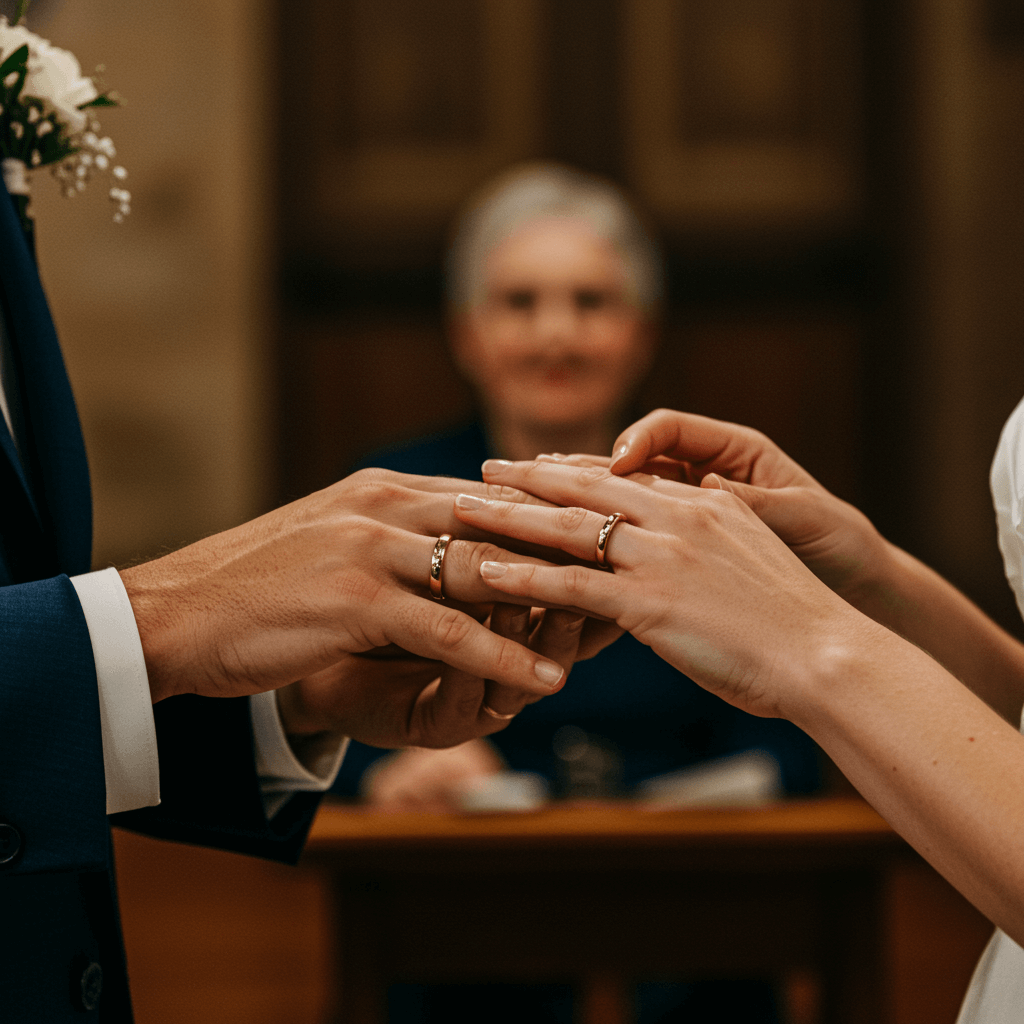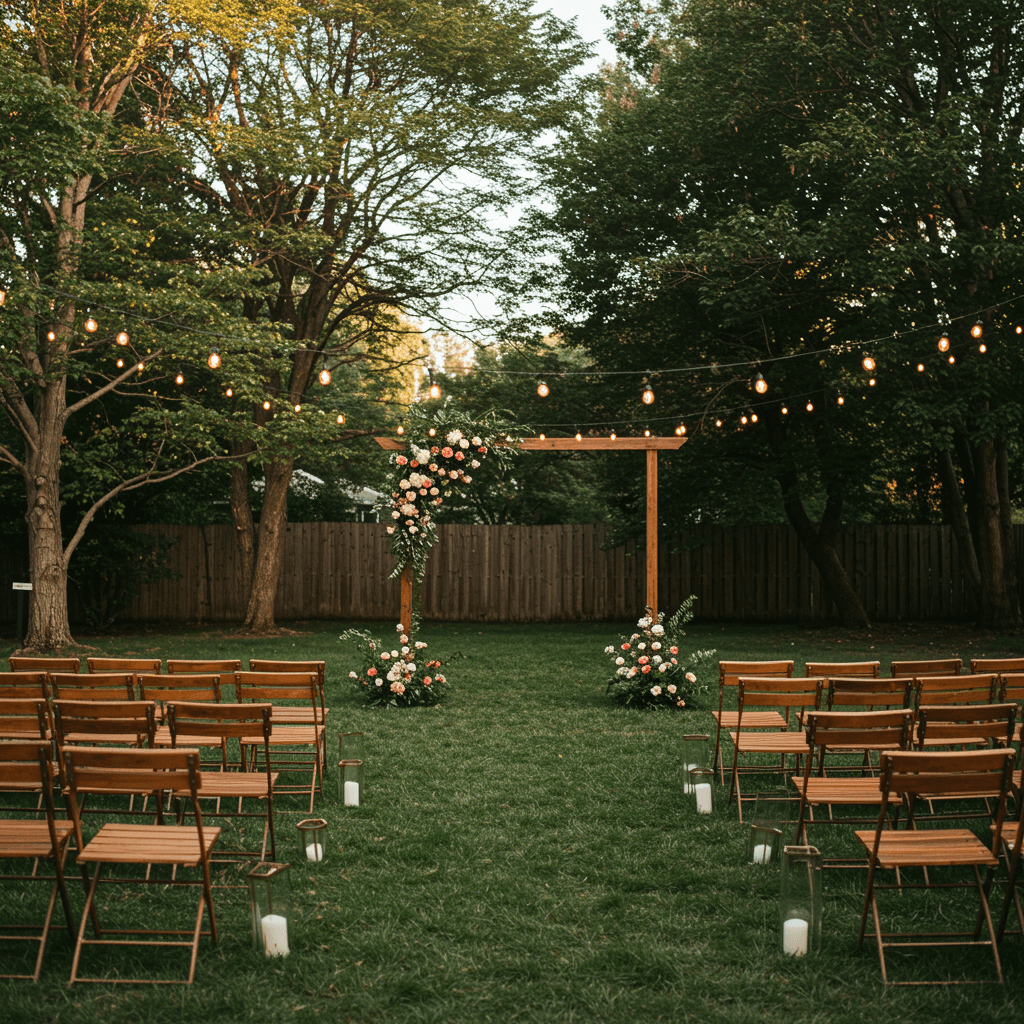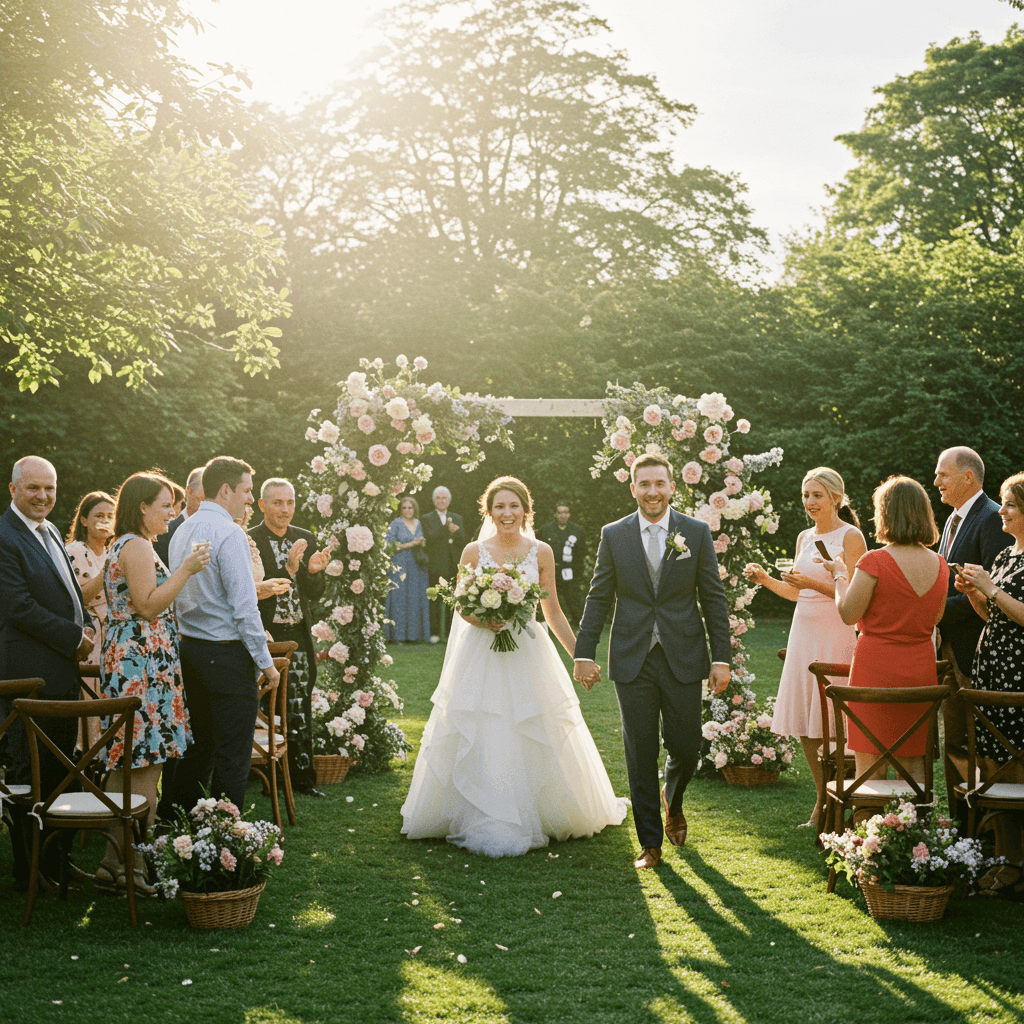Marriage has always been a defining part of human society. While some view it as a sacred union, others see it as a partnership that offers emotional, social, and practical benefits. Understanding why people choose to get married can reveal a lot about human connection, social structures, and personal desires.
Understanding the Desire to Get Married
The question of why do people get married doesn’t have one simple answer. People decide to marry for love, stability, companionship, and sometimes, for reasons rooted in culture or family expectations. Although every marriage is different, there are common motivations that help explain the decision to take this step.
For many, getting married symbolizes a deep commitment to their partner. It marks the transition from dating or living with a partner to building a shared life based on trust, loyalty, and mutual goals.
The Emotional Connection in Marriage
Marriage is more than a legal contract — it’s a reflection of emotional intimacy. When people get married, they are expressing a desire to belong to someone on a deeper level. Emotional openness, shared experiences, and empathy strengthen the bond between married couples.
Marriage can help people feel emotionally secure. It allows individuals to rely on one another, providing support through challenges and celebrating achievements together. In this way, marriage is a commitment that nurtures growth, compassion, and stability.
Practical and Financial Reasons to Get Married
Some people choose to get married for practical reasons. Financial stability, shared expenses, and the benefits of social security often influence the decision. When partners combine finances, it can make it easier to plan for the future, buy property, or raise children.
Marriage also offers legal advantages, including rights to inheritance, healthcare decisions, and tax benefits. While these may not be the main reasons to get married, they do play a role in the decision-making process for many couples.
Social and Cultural Expectations
In many societies, marriage is seen as a milestone of adulthood. Cultural norms and traditions can influence people to marry at a certain age or stage in life. For some, marriage fulfills family expectations or strengthens their sense of belonging in a community.
There are also religious and moral perspectives that encourage marriage as a natural and necessary step in life. These social pressures can motivate people to marry, even if they are uncertain or not fully ready.
The Role of Companionship
One of the strongest motivations behind getting married is companionship. Humans naturally seek connection, and marriage provides a constant source of emotional and physical closeness. Having someone to share experiences with — from daily routines to major life events — can bring comfort and joy.
Couples often find that marriage deepens their friendship. It allows partners to grow together, facing challenges as a team and supporting each other’s dreams. A strong sense of companionship can make marriage feel not only rewarding but essential.
Love and Romance
Love is one of the most celebrated reasons to get married. For many people, marriage is the ultimate expression of romantic commitment. It symbolizes a lifelong promise to nurture and protect the bond they’ve built.
However, love alone is not always enough to sustain a marriage. Relationships require effort, patience, and compromise. Successful marriages are built on communication, mutual respect, and a willingness to grow together.
Avoiding the Wrong Reasons
While there are many good reasons to get married, it’s equally important to avoid marrying for the wrong reasons. Some people marry due to pressure from family, fear of loneliness, or the desire for financial security. These motivations can lead to dissatisfaction or conflict later on.
Marriage should not be a solution to personal problems or a way to escape loneliness. Thinking carefully about motivations helps ensure that the decision to marry comes from genuine love and readiness, not external pressure.
Marriage as a Partnership
Marriage is a partnership where both individuals share responsibilities, make decisions together, and build a future based on shared values. This dynamic requires communication, understanding, and respect.
Healthy marriages thrive when partners listen, compromise, and support one another’s goals. It’s a collaboration that grows stronger through challenges, reinforcing the bond that made them choose each other in the first place.
Emotional and Practical Balance
Marriage can provide balance in life by combining emotional support with practical benefits. Partners often find that being married helps them handle stress better, make wiser financial decisions, and enjoy a greater sense of stability.
For some, marriage is about creating a shared identity — two people coming together to form a unit that is stronger than either one alone. This union allows individuals to experience life in a more fulfilling and meaningful way.
The Evolution of Marriage in Modern Society
Over time, the concept of marriage has evolved. In the past, it was often seen as a social or economic arrangement, but today, people marry primarily for love and emotional connection. Still, marriage can also serve practical purposes like shared finances or legal protection.
Modern couples often move in before marriage, testing compatibility and learning to manage daily life together. This period can strengthen the relationship and prepare them for long-term commitment.
Marriage and Personal Growth
Marriage can be a powerful environment for personal growth. Living with a partner teaches patience, empathy, and emotional intelligence. It encourages people to reflect on their behavior and communication styles.
By committing to one person, individuals learn to navigate differences, manage conflict, and develop a deeper understanding of themselves. In this way, marriage is not just about togetherness but also about self-discovery.
Common Misconceptions About Marriage
There are many misconceptions surrounding marriage. Some believe that getting married will automatically bring happiness or solve relationship issues. In reality, marriage can highlight existing problems if they are not addressed early.
Others think that marriage limits personal freedom. While it does involve compromise, it can also provide a foundation for independence within a secure partnership. The best marriages balance individuality with unity.
When Marriage Is Not the Right Choice
Not everyone needs to get married. Some people find fulfillment in long-term relationships without legal or formal commitment. Others prioritize career, personal goals, or freedom over marriage.
Marriage is a personal choice, and understanding why one wants to marry is crucial. Entering marriage for the wrong reasons can lead to unhappiness, while marrying for love, respect, and shared values can bring lasting fulfillment.
Заключні думки
Marriage is one of the most significant decisions in life. It can bring love, stability, and companionship, but it also requires work, patience, and emotional maturity. People get married for many reasons — emotional, practical, or social — and each is deeply personal.
Ultimately, marriage is a journey that two individuals choose to embark on together. Whether motivated by love, commitment, or shared goals, the decision should come from understanding, respect, and genuine connection.













